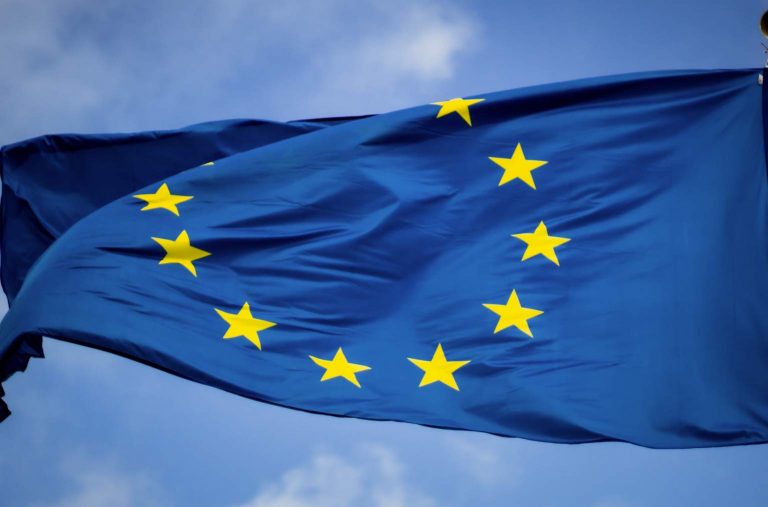
Morning Brief – Oh, and another thing…
As if Europe did not have enough on its plate already as the world watches for developments on the Ukrainian border, the European Court of Justice is also in focus. Officially named the CJEU, the European level court serves to act as the ultimate authority on European law and provides a venue for multinational legal arbitration. The role of the Court has been significant in almost every notable phase of European (dis)integration. Most recently, you will likely recall how the role of the supranational body in upholding any potential Brexit agreement almost stifled a successful withdrawal process altogether.
Today, the CJEU is once again drawing attention to Europe. The European Recovery Fund was able to provide support to the Euro offering light at the end of the tunnel and a mechanism to restore growth once Europe had managed to free itself from the grips of the pandemic. The multi-billion Euro fund was agreed after member states found common ground that was able to appease both fiscally profligate and parsimonious members. However, the requirement to demonstrate an adherence to the rule of law and make human rights commitments did alienate some peripheral member states.
Poland and Hungary, notable beneficiaries of existing EU cohesion spending and due to receive large chunks of recovery fund spending, brought forward challenges to the CJEU about these requirements. These actions brought to the Court have been dismissed in their entirety giving the European Commission the greenlight to constrain recovery fund payments to these nations if they fail to meet the conditionality associated with the project. For Poland this draws EUR 24bn of grants into question and for Hungary, 5.9bn alongside similarly sizeable preferential loans.
Weakness has already pervaded many Eastern European currencies despite the area in general starting their own monetary tightening cycles last year. EU funding is a significant component of capital inflows in Hungary and Poland who each maintain independent currencies in the open market. Further European emerging market FX weakness could be expected as tensions within the Union compound the risks presented by Russia in today’s market.
Discussion and Analysis by Charles Porter

Click Here to Subscribe to the SGM-FX Newsletter
Related Insights

Daily Brief – Sterling
Sterling No sooner had the financial press written that Sterling was on the skids due to the Chancellor being on the way out, than PM Starmer woke up to the need for some TLC for his beleaguered Chancellor and executed a handbrake turn to administer some gruesome bedside cheer to the apparently on life support […]

Daily Brief – EU Inflation
EU Inflation With the ECB annual symposium meeting in sunny Sintra, Portugal, inflation is very much on President Lagarde’s mind ; that is because it is showing signs of rising with the monthly inflation rate showing an increase of 0.3% and that presages a break above the target 2% rate just as she and her colleagues […]

Daily Brief – Gold
Gold With Gold accounting for the second highest proportion of Central Bank reserves after the USD and the mood music shifting to it assuming a greater influence on future reserves management, it is worth looking at the numbers behind that. In the 1960s, Central Banks held the highest amount historically of 38,000 tons of gold. […]



 Humphrey Percy
Humphrey Percy